Emma-Joy Pickett speaks out after daughter Poppy-Lee diagnosed with rare blood disorder
Poppy-Lee Pickett was placed in intensive care at just six weeks old — by her 1st birthday she was diagnosed with a rare blood disorder. This is her story.
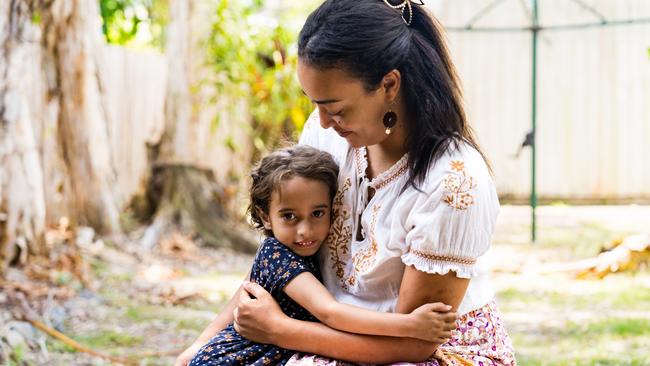
Cairns
Don't miss out on the headlines from Cairns. Followed categories will be added to My News.
Poppy-Lee Pickett was placed in intensive care at just six weeks old — by her 1st birthday she was diagnosed with a rare blood disorder.
Since then the now five-year-old Cairns girl has had more than 50 blood transfusions and intensive treatments.
Her mother Emma-Joy Pickett said she and her daughter, who was diagnosed with Diamond-Blackfan Anaemia, travel frequently to Brisbane for treatment.
“We’ve been through so much over the years,” she said.
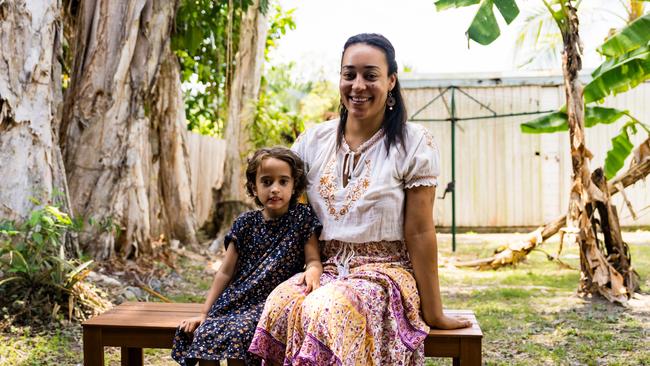
“Poppy-Lee has received ongoing treatment from a dedicated team including paediatricians, haematologists, physiotherapists, dietitians, and occupational therapists.”
Along with the financial burden of long-term treatments, the strain of securing stable employment has been a challenge for Ms Pickett.
“It’s a very isolating experience,” she said.
“One of the longest stretches away was five months, after Poppy-Lee underwent a bone-marrow transplant.”
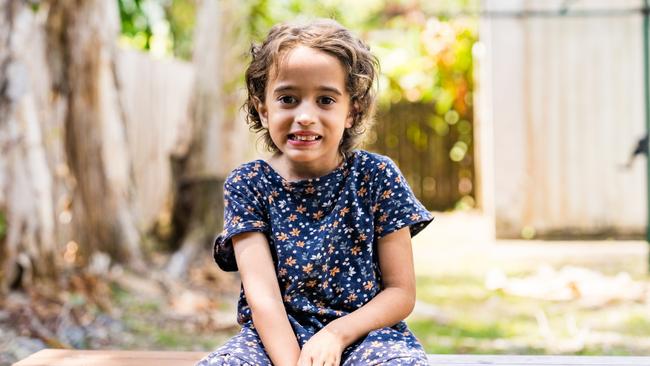
The financial difficulties and the emotional toll eventually led the family to a charity organisation, Childhood Cancer Support, who provide families with furnished accommodation and transport services to and from the hospital.
A range of units are available for families who require a longer stay with between one to three bedrooms, private kitchen and free laundry facility, in addition to short-stay options for quick trip or medical check-ups.
“It’s been a lifesaver,” Ms Pickett said.
“They helped with transfers to and from the hospital and having somewhere to stay close by felt like being in a little safety bubble. We’re still in that bubble now.”
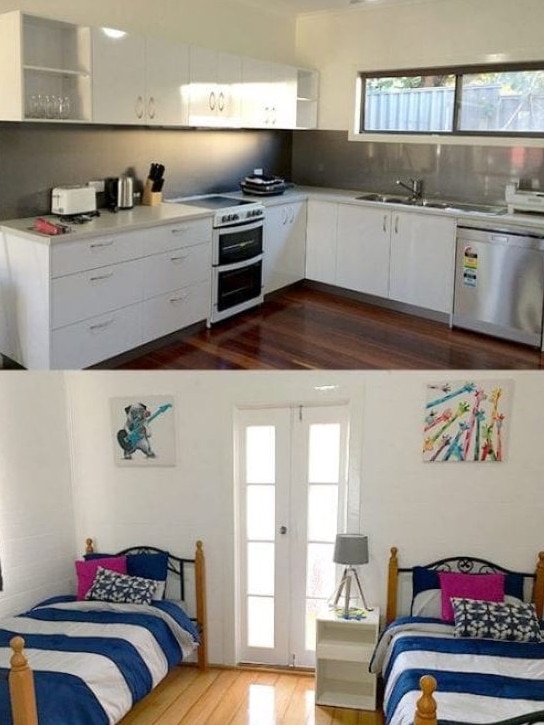
Ms Pickett said the assistance from support service has provided stability and comfort during some of their toughest moments.
“The message I want to share with those supporting Childhood Cancer Support is that it truly makes a difference for families like ours,” she said.
With more families in regional Queensland facing similar struggles, the charity is raising awareness of the daily struggles these families experience, along with calling for much needed donations as they work towards building an additional 15 units near the Brisbane hospital.
A spokeswoman for Childhood Cancer Support said the organisation was dedicated to providing crucial accommodation and support services to families in need.
“Our services ensure they can stay close to their child during long-term cancer treatments,” she said.
“With an increasing demand for accommodation from regional Queensland families, Childhood Cancer Support is currently raising funds to build an additional 15 units.
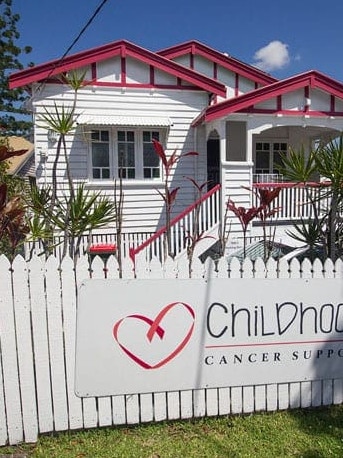
“This will provide over 5000 additional nights of accommodation for families in need.”
Despite all her treatments and knowing there is more to come, Ms Pickett says her “brave little girl”, enjoys playing with her toys and giving “mum a cuddle”.
“I feel better when I hug my mum,” Poppy-Lee said.
To support Childhood Cancer Support and regional families like the Picketts, donations can be made here at ccs.org.au.
More Coverage
Originally published as Emma-Joy Pickett speaks out after daughter Poppy-Lee diagnosed with rare blood disorder





